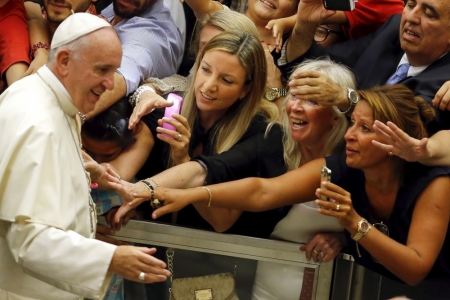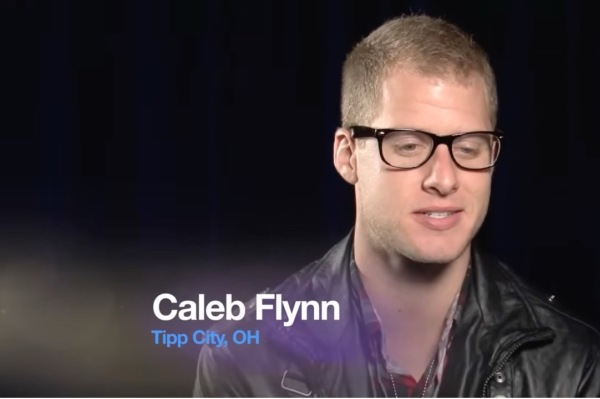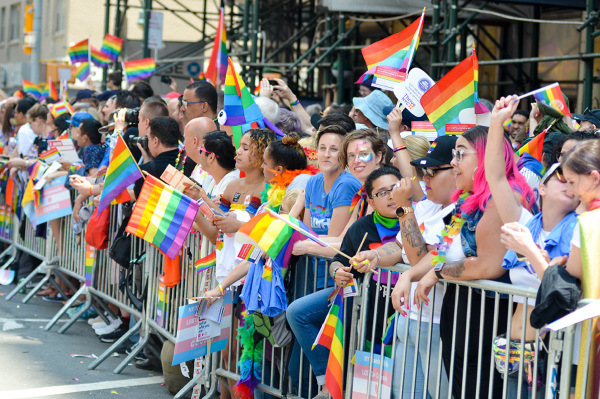Pope Francis Ready to End Historic All-Male Catholic Clergy?

Pope Francis has announced that he will create a commission to study the possibility of the Roman Catholic Church allowing women to serve as deacons, which would end the historic practice of exclusively male clergy.
The National Catholic Reporter reported on Thursday that Francis agreed to the commission following a meeting with the leaders of the world's congregations of Catholic women religious, which urged the pope to reconsider the Vatican's traditional standing on the matter.
Francis noted in his conversation with the nuns that the use of female deacons in the early centuries of the Church had been studied in the past, but there was no definitive conclusion on what their role was.
"Constituting an official commission that might study the question?" Francis asked aloud. "I believe yes. It would do good for the Church to clarify this point. I am in agreement. I will speak to do something like this."
"I accept," he added later. "It seems useful to me to have a commission that would clarify this well."
The Catholic stance against ordaining women into clergy has been highlighted in several documents, such as Pope John Paul II's apostolic letter Ordinatio Sacerdotalis in 1994, which stated that just as Jesus only chose men to serve as his disciples, so must the Church only choose male clergy.
Other major churches around the world, such as the Anglican Communion, have changed their historic positions on the matter in recent years, however, with the Church of England opting in 2014 to allow women to become bishops.
Francis' agreement to create a commission was hailed by Sister Simone Campbell, the executive director of NETWORK Lobby for Catholic Social Justice, who told Time magazine in a statement: "This move is another example of Pope Francis' vision of an inclusive society — a society that celebrates and takes full advantage of the unique talents and strengths of each and every one of us — the 100 percent," Campbell said.
"Inclusiveness is strength. There is no one from the outside looking in, and no one inside, plotting and scheming to keep others out. It is everyone working together for a common good. There will always be some who resist this, in politics, in churches, in any institution," she added.
"There will always be — as we have seen in this presidential race — those who use what divides us as a way to build power. Pope Francis knows better. Should this change come to pass it will make the Church stronger, just as any move to bring us all together in common purpose makes us our nation stronger."
The International Union of Superiors General gathering, which represented some nearly 500,000 sisters globally, meanwhile called for women religious around the world to reject "first-world entitlements" that get in the way of the mission to help the poor and fight environmental destruction.
U.S. St. Joseph Sr. Carol Zinn warned nuns at the conference that benefits of living in the first-world, such as job, education, housing security, "can create a numbness of consciences and a blindness of heart through which we can easily see not the pain, but see what we want to see."





















